FAO/GFCM initiative empowers students to challenge fish farming myths, promote sustainability and support local aquaculture
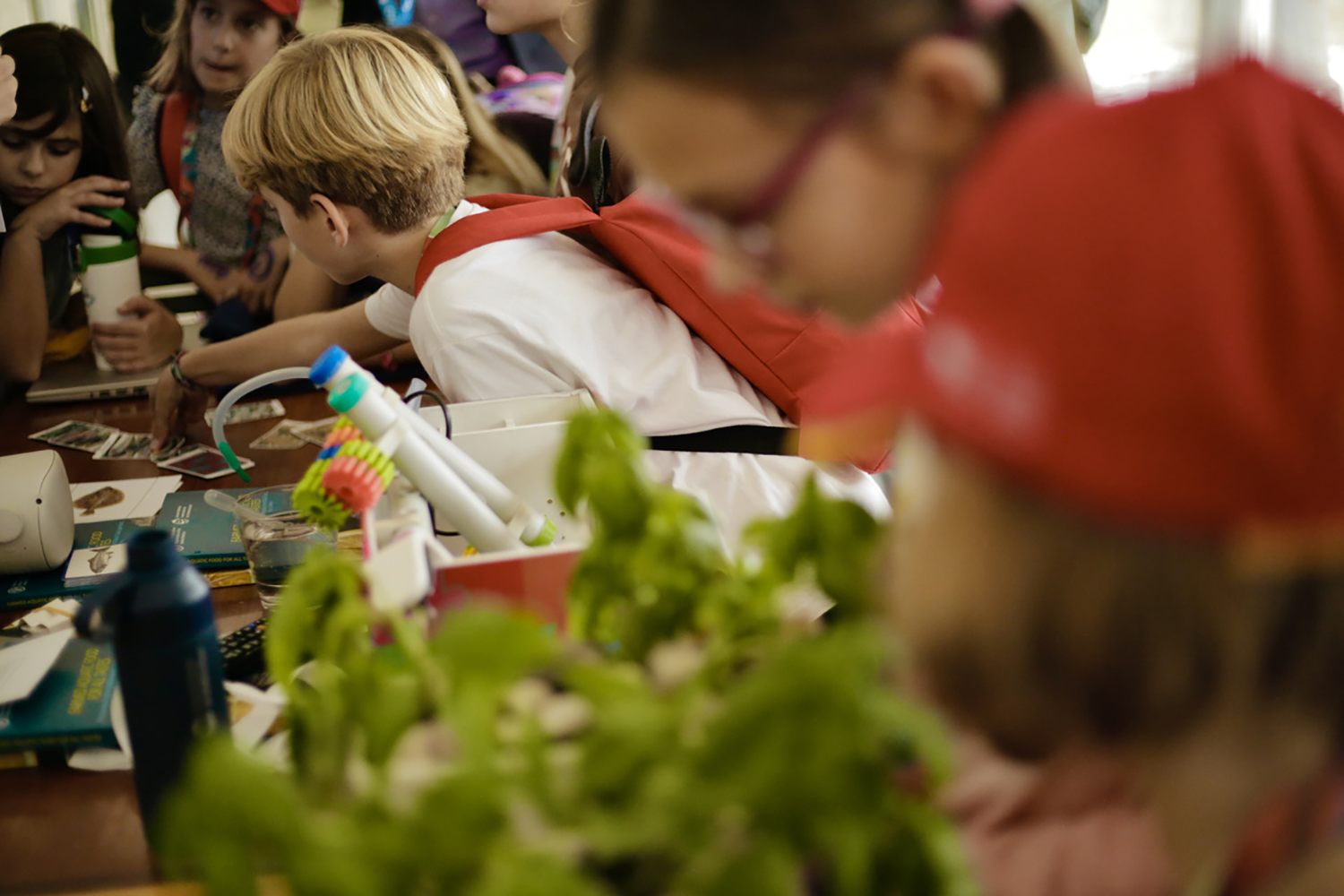
For aquaculture to gain social acceptance, public awareness is essential. Equally important, the industry’s sustainable growth depends on an informed and accurate public perception. The challenge? Most of the information in that field remains inaccurate and misleading, according to Houssam Hamza, Aquaculture Officer at the General Fisheries Commission of the Mediterranean (GFCM) of the Food and Agriculture Organization of the United Nations (FAO).
These circumstances, Hamza told The Advocate, underline the importance of educating younger generations – providing them with learning tools, knowledge resources and the capacity to think critically and ask the right questions when it comes to their food choices.
That’s precisely the goal behind the Farmers of the Water education toolkit that GFCM launched in January. Designed for students and teachers across the Mediterranean and Black Sea regions, the resource explores local aquaculture and its role in ensuring food security, empowering young minds to contribute to its development.
Beyond gaining the confidence to source and consume aquaculture products, they are also encouraged to develop a deeper appreciation for the farmers that are working to produce sustainable, healthy and affordable aquatic foods.
“The education toolkit was designed with a clear mission: to equip the next generation with the knowledge and skills to make informed choices about aquaculture and sustainability,” Hamza said. “Why? Because the future of aquaculture isn’t just about increasing production – it’s about doing so responsibly, ensuring food security, protecting the environment and engaging communities.”
Enabling informed decisions
Designed for students aged 5 to 12, and 13 to 18, the education toolkit breaks down the environmental, social and economic benefits of farmed aquatic food systems through interactive learning. The program is structured around three core units:
- Unit 1 equips teachers with relevant background knowledge on the aquaculture sector in the Mediterranean and the Black Sea, including its sustainability and socioeconomic aspects.
- Unit 2 focuses on play-based learning.
- Unit 3, designed for older students, focuses on teamwork and advocacy.
Eat the whole fish: A discussion of culture, economics and food waste solutions
By progressing through Units 2 and 3, students move from having little to no knowledge of aquaculture to gaining a solid understanding of the sector. From this point they are empowered to share their insights with peers.
Developed as part of a wider GFCM initiative and under the framework of the GFCM Scientific Advisory Committee on Aquaculture (CAQ), the toolkit aims to foster learning and enhance the social acceptance of aquaculture. It also aligns with FAO’s Blue Transformation vision.
“This is where we hope to see an impact – by raising awareness and fostering informed food choices,” said Hamza. “Aquatic foods, particularly aquaculture products, are rich in omega-3s, vitamins and essential amino acids. They provide high-quality proteins that are crucial for our overall well-being and nutritional balance.”
But according to Hamza, the toolkit offers more than a set of lessons – it’s a journey designed to help young people understand where their food comes from and the impact of aquaculture on the planet. It also helps them develop the critical thinking skills to navigate the information they encounter as well as providing hands-on learning through activities and practical projects.
“Most importantly, it can help them see that they have a role to play – whether as future consumers, entrepreneurs, producers, scientists, or policymakers,” said Hamza, who also hopes reconnections with nature and markets can be made along the way.
“I remember, as a child, walking through the market stalls with my father in Gabès [a coastal city in Tunisia], where he taught me how to identify different species, distinguish fresh products from less fresh ones and engage with food using my senses – touch, smell and observation,” said Hamza. “In today’s modern society, such experiences are becoming increasingly rare and this shift is reflected in changing consumption habits.”
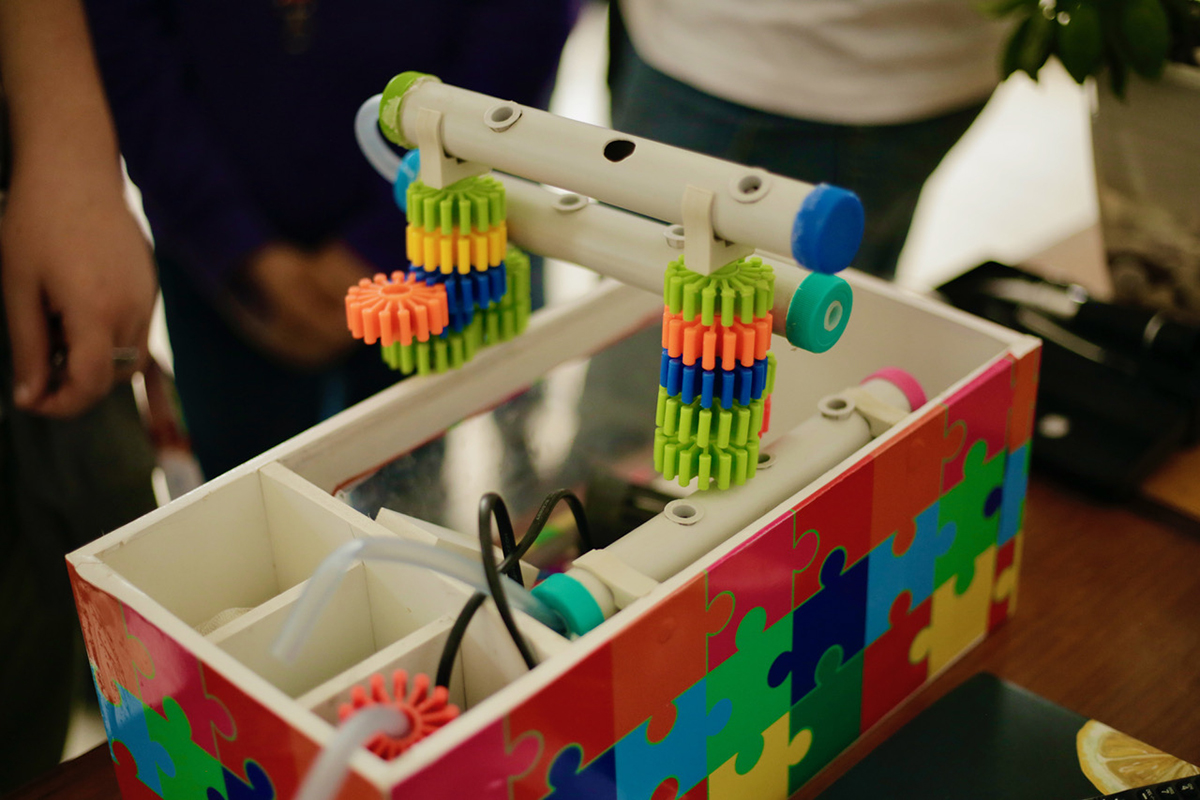
Hands-on experiences
Farmers of the Water is the first education toolkit developed by the GFCM – and it wasn’t just designed for students, but with them, Hamza said. By testing the toolkit directly with children, the Commission was able to refine its content based on real feedback and learning needs. It also contains a dedicated section for teachers to help them guide and support students.
The schools chosen to trial the toolkit were selected through voluntary proposals from participating countries. But the initiative extended far beyond just distributing lesson plans and exercises – the GFCM created an immersive, hands-on learning experience by installing aquaponics units in selected schools, bringing aquaculture concepts to life in the classroom.
From a personal perspective, Hamza said one of his most rewarding highlights so far was witnessing schools from Lebanon, Egypt and Tunisia actively discussing aquaculture, with the students leading these conversations.
“What touched me the most was seeing the smiles of children with disabilities in Monastir – watching them plant and harvest basil from the aquaponics units, cook with their own produce and simply experience a moment of joy,” he said, adding that none of this would have been possible without the Commission’s local partners, including NGO Notre Grand Bleu (NGB). “Their work in Tunisia is an inspiration for the entire region, and they have achieved a significant milestone by securing an official agreement with the Tunisian Ministry of Education to conduct these activities in schools.”
However, developing the education toolkit wasn’t without its challenges: “We had to find ways to make aquaculture exciting for young students while keeping the content scientifically accurate, yet easy to understand.”
To get it right, the GFCM teamed up with experts and local NGOs with a deep understanding of education systems and students’ needs. Activities were then directly tested in schools, with the Commission working closely with teachers and educators. Special attention was also given to making the toolkit adaptable to different countries and learning environments.
“Collaboration was at the heart of it all,” Hamza said, adding that partners like NGB in Tunisia played a major role. “But we knew that talking about aquaculture wasn’t enough – we had to let kids experience it. That’s why we introduced aquaponics units in schools, organized cooking lessons, had them fish from a pond and even taught them how to clean and prepare the fish.”
With ground-breaking factory trawler Ecofive, Bluewild is building a blueprint for greener fishing
Crushing misconceptions
Tackling misconceptions and concerns about aquaculture, the Farmers of the Water education toolkit seeks to make learning engaging and relatable. Rather than simply providing answers, it encourages curiosity and critical thinking, allowing students and teachers to explore, question and discover the truth for themselves, Hamza said.
It takes their main concerns and questions, and works with them to find clear, engaging answers. Among the most common misconceptions it debunks are: “Does aquaculture harm the environment?” and “Is aquaculture only for big industries and large-scale farmers?”
On the environmental side, Hamza explained that though interactive activities like the aquaponics projects and sustainability discussions, students have discovered how responsible aquaculture practices help protect ecosystems.
“They learn about sustainable feed use, waste management and habitat conservation, seeing firsthand that when done right, aquaculture can actually support environmental health rather than harm it,” he said.
The toolkit also shatters the “big industry myth” by showing how aquaculture plays a key role in local communities, creating jobs and economic opportunities for both coastal and inland farmers, he said.
“Students explore real-life examples of small-scale aquaculture and see how it benefits families, entrepreneurs, and entire regions, not just large corporations,” said Hamza.
Expansion plans
After completing the program, the goal is for students to become ambassadors for sustainable aquaculture, helping to improve its social acceptability and raising awareness within their families, schools and communities. Beyond spreading awareness, they can also champion sustainability by promoting responsible aquatic food consumption and supporting local aquaculture producers, Hamza said.
“Children are not just the consumers of tomorrow – they are also the consumers of today,” said Hamza. “By investing in their knowledge and awareness, we are shaping a future generation that values healthy eating, embraces the Mediterranean diet, and understands the importance of sustainable aquatic foods.”
“Cooking and preparing aquatic foods together as a family is more than just a meal – it’s a tradition, a passion and a cultural heritage to be passed down,” Hamza continued. “The culinary exercises in the Tunisia pilot program reinforced this beautifully, showing how hands-on experiences can inspire lifelong appreciation for aquatic foods and sustainability.”
Hamza and the GCFM have been pleased by the high interest shown in the toolkit. Within just a few hours of its release, it was downloaded over 300 times. Looking ahead to its potential longer-term impact, the Commission plans to conduct additional pilot programs in schools. These initiatives will gather additional feedback, allowing for further refinements to ensure it remains effective and engaging for both students and educators.
“Our hope is that member countries and partners will adopt, integrate and translate it, making it even more accessible,” Hamza said. “We have already received requests for translations into Arabic, Spanish and French, which will allow it to reach more schools and communities across different regions. Expanding its reach is a priority, as we believe this toolkit has the potential to become a valuable educational resource well beyond the Mediterranean and Black Sea regions.”
Now that you've reached the end of the article ...
… please consider supporting GSA’s mission to advance responsible seafood practices through education, advocacy and third-party assurances. The Advocate aims to document the evolution of responsible seafood practices and share the expansive knowledge of our vast network of contributors.
By becoming a Global Seafood Alliance member, you’re ensuring that all of the pre-competitive work we do through member benefits, resources and events can continue. Individual membership costs just $50 a year.
Not a GSA member? Join us.
Author
-
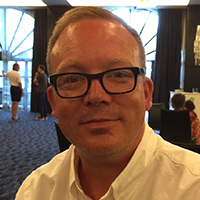
Jason Holland
Jason Holland is a London-based writer for the international seafood, aquaculture and fisheries sectors. Jason has accrued more than 25 years’ experience as a B2B journalist, editor and communications consultant – a career that has taken him all over the world. He believes he found his true professional calling in 2004 when he started documenting the many facets of the international seafood industry, and particularly those enterprises and individuals bringing change to it.
Tagged With
Related Posts
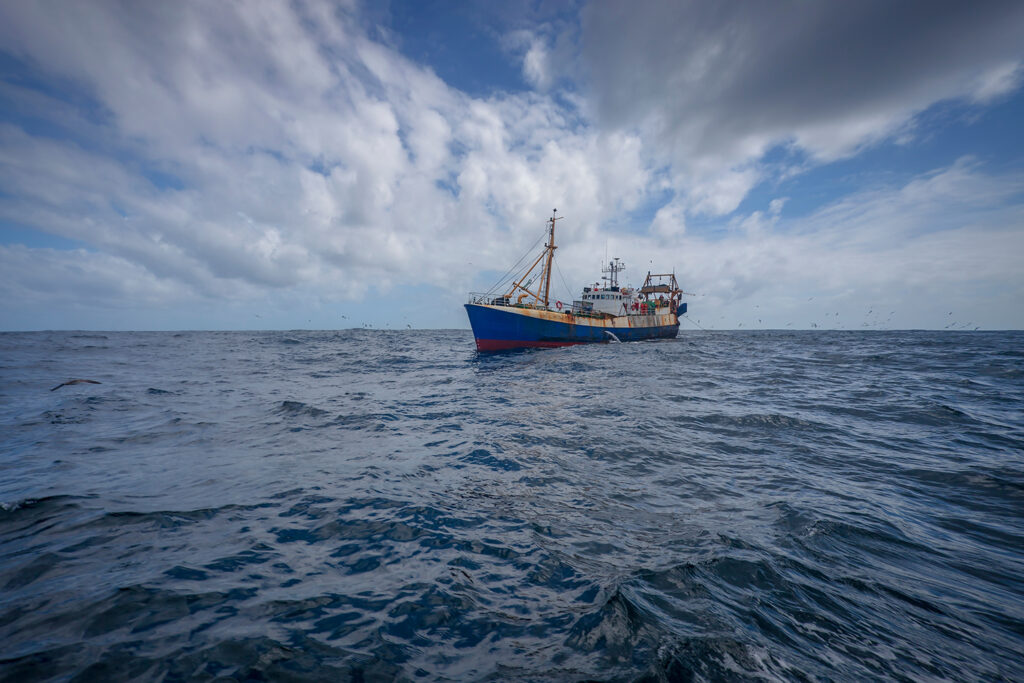
Responsibility
Is the seafood industry prepared for the next level of transparency under CSRD?
The EU's Corporate Sustainability Reporting Directive (CSRD) raises concerns about supply chain traceability and reporting accuracy.
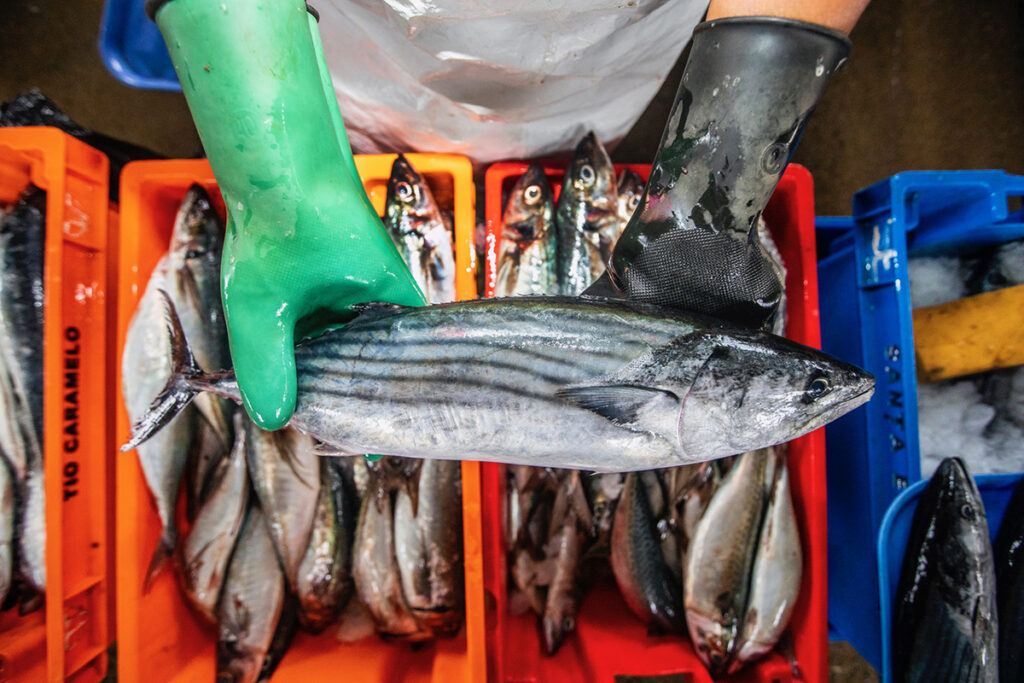
Innovation & Investment
Responsible Fisheries Innovation Award Finalist: Global Fishing Watch’s digital tool to combat IUU fishing
Global Fishing Watch’s new open-access platform strengthens the fight against illegal, unregulated and unreported (IUU) fishing and helps reduce supply chain risks.
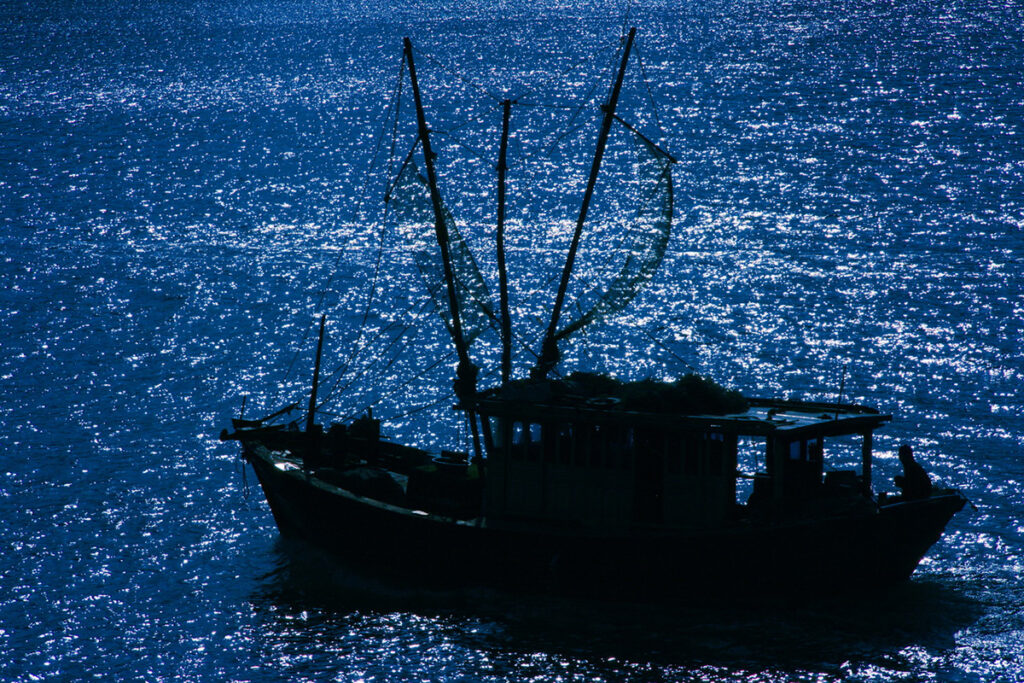
Fisheries
Why WiFi? A connectivity crisis is a threat to fishing crews’ well-being
A lack of affordable and reliable Wi-Fi for crews jeopardizes their well-being and exposes them to exploitation and illegal fishing practices.
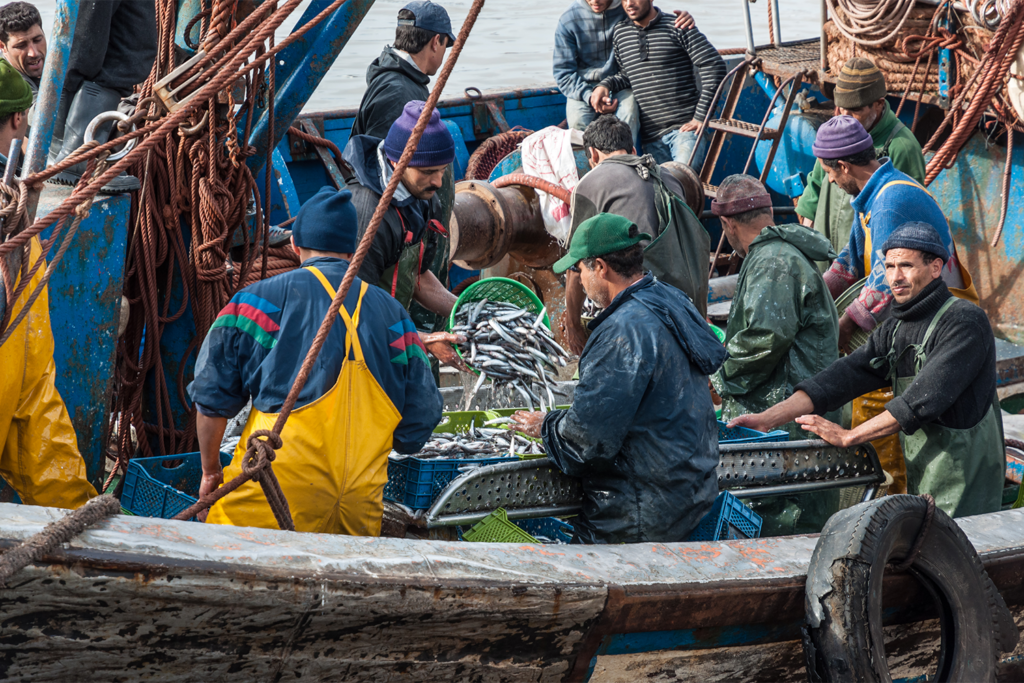
Responsibility
How can the fishing industry address forced labor, with the scope more in focus?
The Financial Transparency Coalition reported that IUU fishing and forced labor often go hand-in-hand and that greater transparency is key.


